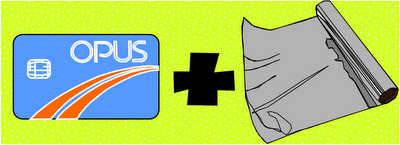A troubled bridge over water
What's the problem? The bridge is wide enough to accomodate two directions of pedestrian traffic. Even so, it gets cramped. The majority of cyclists, who are progressing at speed along the bike path, apparently want to get across the bridge and onto the next path as quickly as possible. All of this means that very few cyclists obey the sign and dismount. The cyclists speeding across the bridge pose a threat to pedestrians. Even worse, the renters of electric scooters don't dismount either. Their vehicles are heavier, faster and take up more space than those of the cyclists. So, because very few people obey the sign, the bridge becomes congested and dangerous.
I've thought up a few solutions to this, but none of them are sustainable. There's the citizen action approach. I could start personally mentioning to cyclists, whenever I happen to be crossing the bridge, that there is a sign telling them to dismount. But that doesn't work because I don't cross that bridge nearly enough to make a tangible difference. Then, there are institutional approaches. They could get bigger signs, although I really don't think that would work. They could install speed bumps, but that might not properly discourage all cyclists, might cause injury to some, and would inconvenience everyone.
Basically, I'm stumped. I can isolate the problem and even explain why it is actually a problem (and not just me being grumpy) but I can't figure out a good, sensible solution.
Labels: analysis, design, government, montreal, not good enough, problems, trouble, urbanism, usability

